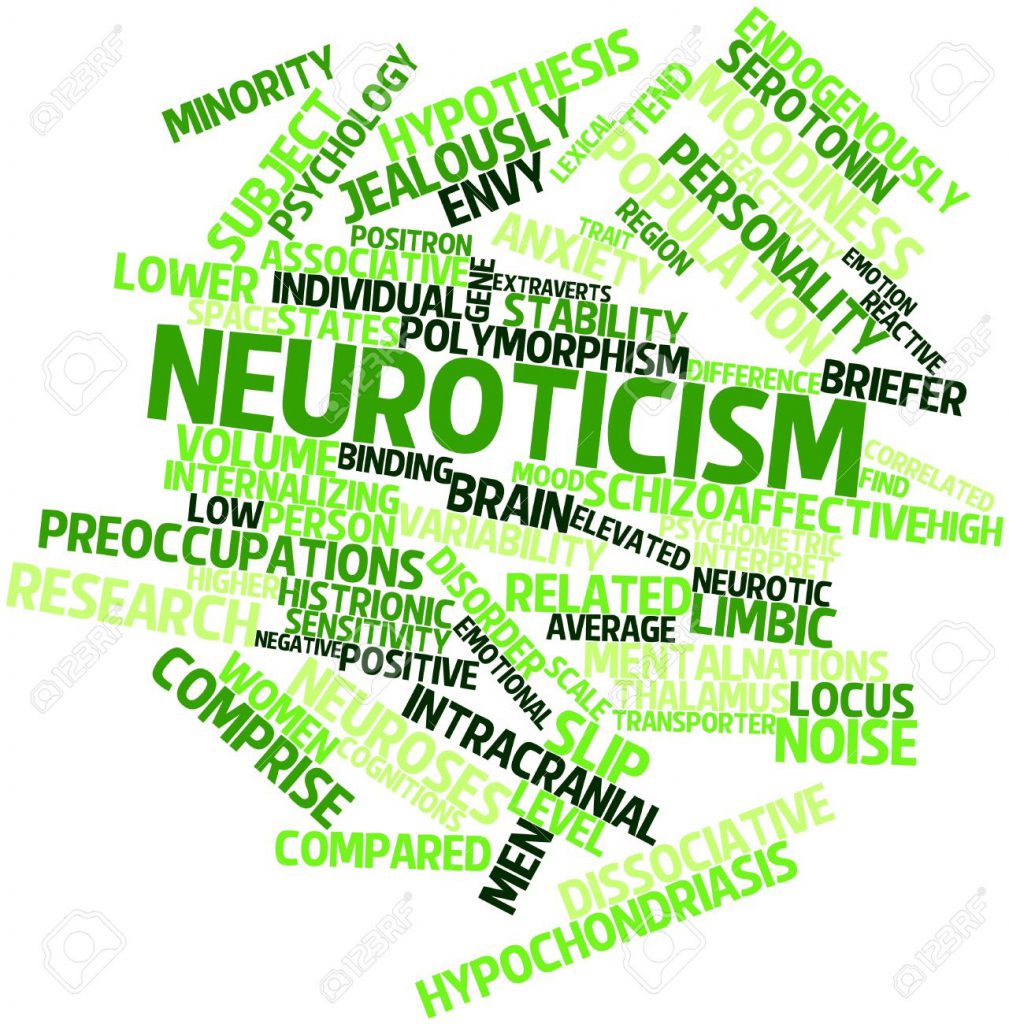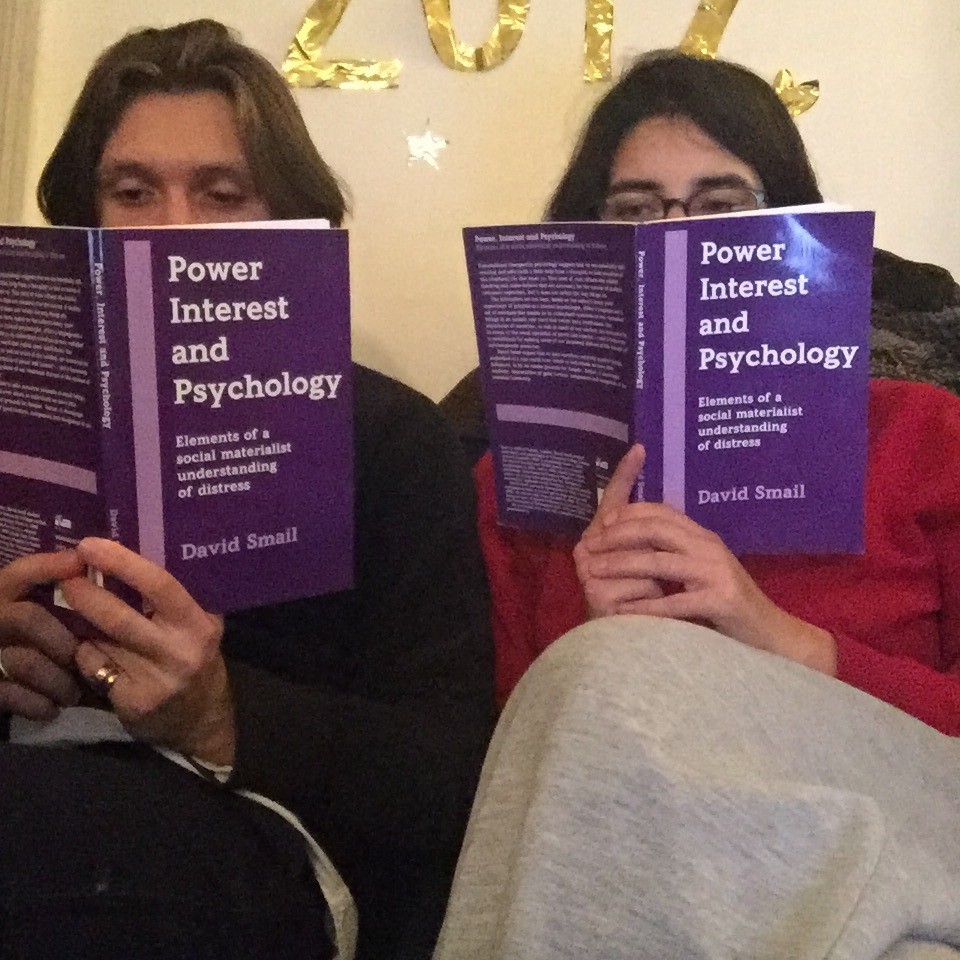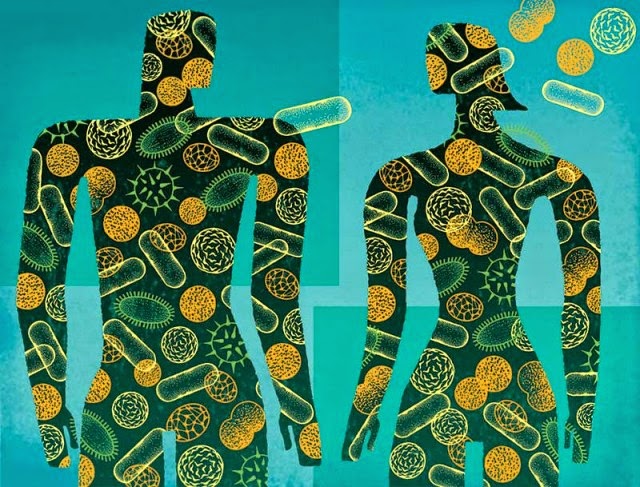
Why do some people struggle emotionally after experiencing stressful events, but not others?

Why do some people struggle emotionally after experiencing stressful events, but not others?

It is often discussed how strange it is that people are so different to their family members. After all, shared genes and a shared home environment should lead to strong family resemblance, right? Not necessarily.

Neuroticism is a personality trait characterised by easily experiencing negative emotions. This A-Z blog offers some highlights of what is currently known about the genetic and environmental influences on neuroticism, as well as its overlap with and relevance for psychiatric disorders.

For the letter G, Thalia [Eley, EDIT Lab director] walks us through gene-environment correlation, a topic we think will become increasingly widely explored as methods for understanding genetic influence improve.

Decades of twin studies have shown that childhood behaviour problems including anxiety, depression, conduct and hyperactivity are substantially heritable. However, our recent research found that individual differences in behaviour problems are not significantly influenced by the common DNA differences that we directly measure. This finding held across diverse domains of…

I have just finished reading a book by the British clinical psychologist David Smail (1938 – 2014), called “Power Interest and Psychology: Elements of a materialist understanding of distress”. My housemate bought Smail’s book after I complained that his opinions on mental health were out of date, based on literature…

Fear (and the accompanying stress and tension) can easily be seen as a wholly negative, futile experience; especially in a developed world where we rarely encounter physical danger. In this blog post I look at the role that fear has played throughout our evolutionary history – looking back to when it…
As rates of depression and anxiety rise, it isn’t too surprising that social attitudes towards mental illness have improved considerably. However, as the current economic climate continues to strain our mental health, it also demands us to stay positive in the face of stress and uncertainty. Have we become so…

Microbiome research has not yet reshaped our conceptions of mental health etiology and treatment (see my previous article), but it should be causing havoc in the social sciences – particularly for anthropologists, who have long sought to understand cross-cultural conceptions of the ‘individual’ and ‘relatedness’.

As sufferers will know all too well, sleep problems and depression often go hand-in-hand. In this post, I summarise the findings of our recent paper investigating the role of genetic factors in underpinning this link.
Recent Comments